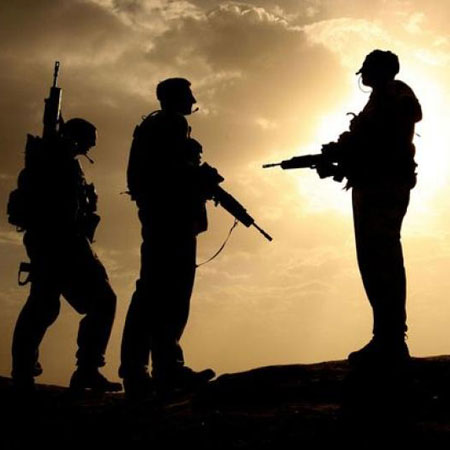
Death is painful. More so if it is dealt by the hand of the British Royal Military Police.
Residents of Nanyuki, who in 2012 woke up to news of a local girl having allegedly died at the hands of two ‘Johnnies’ know this just too well.
Agnes Wanjiru’s death was linked to two Johnnies in a case that attracted both local and international media.
The body of the 21-year-old was found in a septic tank by a worker who was unblocking a sewer line at Lions Court Hotel. The dead woman had been missing for three months by the time her body was found.
“The last people that Wanjiru was seen with were two British soldiers outside a local hotel. Three months later, her body surfaced not far from the same hotel,” recalls community mobiliser Joseph Mwangi.
The deceased’s sister, Rose Wanyu, who lives with the late Wanjiru’s daughter, claims there were local accomplices in the murder.
“How can someone disappear and three months down the line her body, which can still be clearly identified, is found?” she wonders.
Christopher Maitho, the Laikipia County chairman of the The National Alliance (TNA) party says such cases are complicated, because Kenyan authorities are barred by protocol from carrying out any investigation before the British military police.
Rose says she heard of three arrests in Britain over the matter and nothing has been forthcoming since.
Kenya Police were said to have had enough circumstantial evidence to question the two British soldiers, but a Ministry of Defence spokesman in London told The Independent newspaper that, “this is an ongoing Kenyan investigation and as such, it would be inappropriate for the Ministry of Defence to comment further.”
Peter Mwita, a paralegal officer with the Catholic Justice and Peace Commission, Nanyuki Parish, says local police did some investigations after the discovery of Wanjiru’s body, after which the file was forwarded to the office of the Director of Public Prosecutions (DPP).
“A few months after Wanjiru’s burial, a reporter with UK-based Sky News came here for some investigative report and the story was later aired in Britain,” says Mwita, adding that the UK government was to try the suspects and explore ways of compensating the family, but apparently, there haven’t been any communication to date.
For the umpteenth time, Mwita plans to check on the progress of the case from the office of the DPP next week, in the hope that justice will be done. “One day, we shall get justice, no matter how long it takes,” says a resolute Mwita.
A letter to the DPP from human rights group, Social Watch, took issues with the apparent lack of interest by local police regarding cases involving British Johnnies who act with impunity.
Kenya makes Sh2.5bn from Johnnies
The British Army Training Unit Kenya (Batuk) in Nanyuki where six infantry battalions are based earns Kenya about Sh2.5 billion every year, according to the British High Commission.
Among the beneficiaries of the soldiers’ presence in Nanyuki are small scale curio traders, as well as boda boda, taxi and hotel operators. Also benefiting from the presence of the military are suppliers of timber, meat and other foodstuff.
Frederick Maina, a curio operator near Batuk says that, “the Johnnies ask for customised curios bearing Kenyan inscriptions or their names and it is big business for us. We exchange our wares with their high quality bags, shoes, mobile phones and cameras.”
The hottest craze amongst the soldiers is the engraving of unit insignia and the year they are deployed in Kenya on mementos that they commission.
Maina says that over the years, the profile of the Johnnies has been changing, as they are frequently joined by Jamaican, Zimbabwean, Fijian, Kenyan and West Africans.
“I was recently shocked when a Johnny spoke to me in Kikuyu as I sold him some curios,” explains Maina.
He adds that Johnnies have social benefits like building of bridges, free medical clinics besides hiring drivers, repair men and youths as porters and cooks when jungle training in Isiolo or Samburu.
 The Standard Group Plc is a multi-media organization with investments in media
platforms spanning newspaper print
operations, television, radio broadcasting, digital and online services. The
Standard Group is recognized as a
leading multi-media house in Kenya with a key influence in matters of national and
international interest.
The Standard Group Plc is a multi-media organization with investments in media
platforms spanning newspaper print
operations, television, radio broadcasting, digital and online services. The
Standard Group is recognized as a
leading multi-media house in Kenya with a key influence in matters of national and
international interest.









